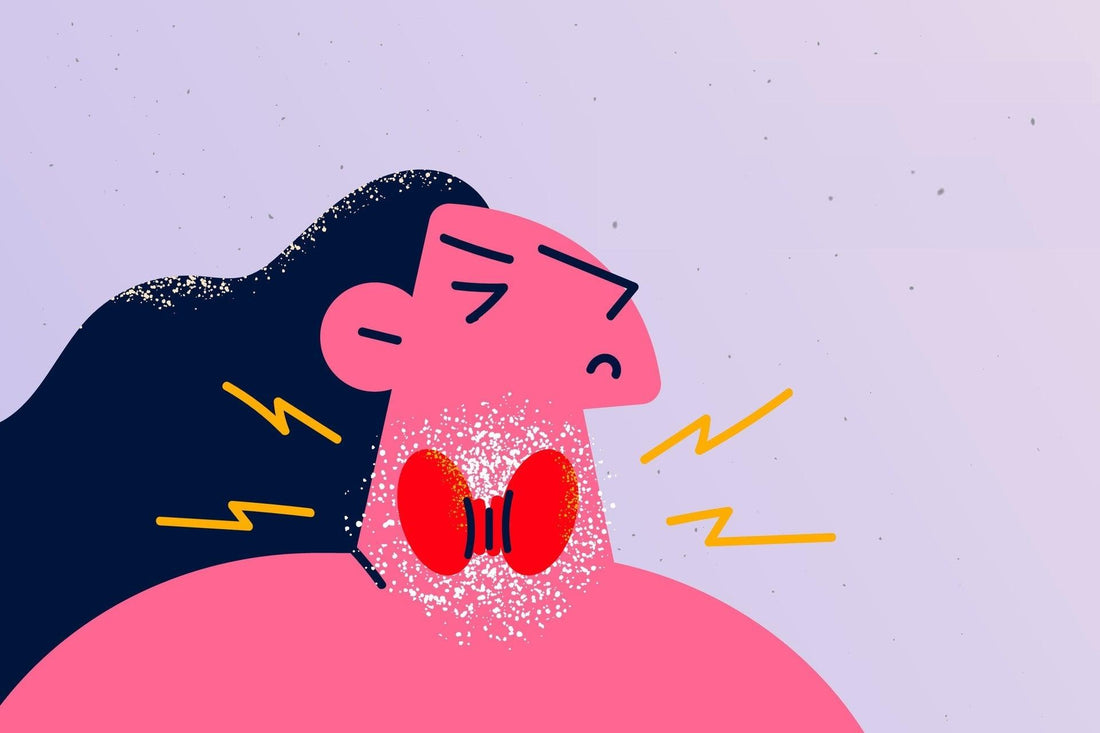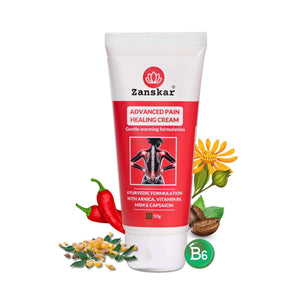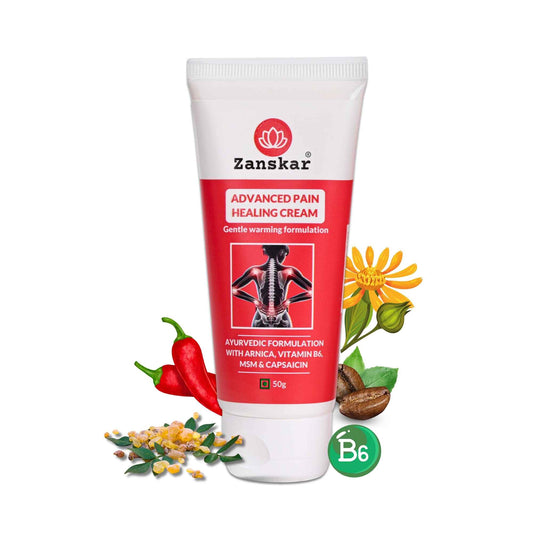
The Link Between Your Thyroid and Joint Pain

Could there be a connection between hypothyroidism and your joint pain?
A Strong Yes
The thyroid, a small butterfly-shaped gland in your neck, plays a vital role in regulating numerous body functions. While it is commonly associated with symptoms including fatigue, weight changes and mood disorders, emerging research suggests that thyroid dysfunction can also contribute to joint pain and discomfort. Let us understand the link between thyroid and joint pain.
Thyroid and joint pain: Is there a connection?
Understanding the link between the thyroid and joint pain is crucial in diagnosing and managing various thyroid-related conditions. The thyroid gland plays a vital role in regulating metabolism and producing hormones that affect nearly every organ in the body. When thyroid dysfunction occurs, it can lead to hormonal imbalances, resulting in a wide range of symptoms, including joint pain.
Types of thyroid disorders that can contribute to joint pain:
1. Hypothyroidism
Hypothyroidism is where the thyroid gland produces insufficient amounts of thyroid hormones. Joint pain is frequently observed in individuals with hypothyroidism. It may often affect the knees, hips, shoulders and hands. As per a study by Mayo Clinic, it is believed that the hormonal imbalances caused by hypothyroidism can lead to inflammation in the joints, resulting in pain and stiffness.
2. Hyperthyroidism
Hyperthyroidism happens when a person’s thyroid gland generates an excessive amount of thyroid hormones. While hyperthyroidism typically manifests with symptoms such as weight loss, rapid heartbeat, and tremors, joint pain can also be present. In this case, joint pain is thought to be related to the accelerated breakdown of bone tissue and increased bone resorption that can occur with hyperthyroidism.
3. Autoimmune thyroid diseases
Apart from these two, autoimmune thyroid diseases, such as Hashimoto’s thyroiditis and Graves’ disease, can cause joint pain. The immune system erroneously attacks the thyroid gland, causing inflammation. The inflammation can spread to other parts of the body, including the joints, causing pain, swelling, and reduced mobility.
Diagnosing thyroid-related joint pain
If you experience persistent joint pain and suspect a thyroid-related issue, it is important to seek consultation with a doctor by conducting a thorough medical examination, and appropriate diagnostic tests, which may include blood tests to measure thyroid hormone levels.
Treatment for thyroid-related joint pain
Treating joint pain that is associated with thyroid disorders primarily involves managing the underlying thyroid condition. Hypothyroidism is often treated with synthetic thyroid hormone replacement therapy. In hyperthyroidism, treatment may involve medications to suppress thyroid hormone production or, in some cases, surgical intervention or radioactive iodine therapy to reduce thyroid gland activity.
Making certain lifestyle modifications can help manage joint pain and support overall well-being. This also includes regular exercise, such as low-impact activities like swimming or walking, maintaining a healthy weight, getting adequate rest and sleep, and adopting a balanced diet rich in fruits, vegetables, and omega-3 fatty acids, which are anti-inflammatory foods.
Takeaway
Joint pain can indeed be linked to thyroid disorders, especially in the context of autoimmune conditions and hormonal imbalances. To ensure appropriate diagnosis and treatment, it is critical to recognize the relationship between these two factors. Seeking medical attention is critical for effectively managing joint pain symptoms. Early detection and intervention can lead to improved management of joint pain and thyroid disorders, which will aid in the restoration of overall well-being in the future.
Learn More About Zanskar Health
If you have joint or muscle pain that makes it hard to move, Zanskar offers the most advanced full stack pain relief solutions for you.
Now available to purchase, Zanskar® Advanced Pain Care Products have a unique formulation of natural bioactive ingredients and provide lasting relief from muscle and joint discomfort that you can feel good about. Get your fix before stocks run out - buy now.
You can also gain access to therapeutic exercises and stretches for your condition by downloading the Zanskar Health physiotherapy mobile app. Additionally, you’ll have a personal care team to guide, support, and tailor our program to you, including behavioral and nutritional coaching.
Download our mobile app here 👉 download and track your exercise streak.
Medical Review: This article is written by Dr Nishtha Mittal (Senior Health Content Editor at Zanskar Health) and has been medically reviewed by the medical team at Zanskar Health. This article and its contents are provided for educational and informational purposes only and do not constitute medical advice or professional services specific to you or your medical condition.







